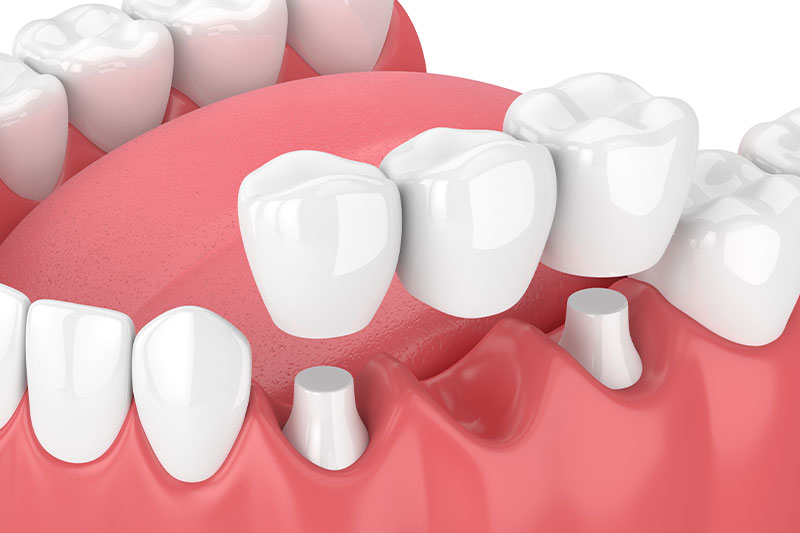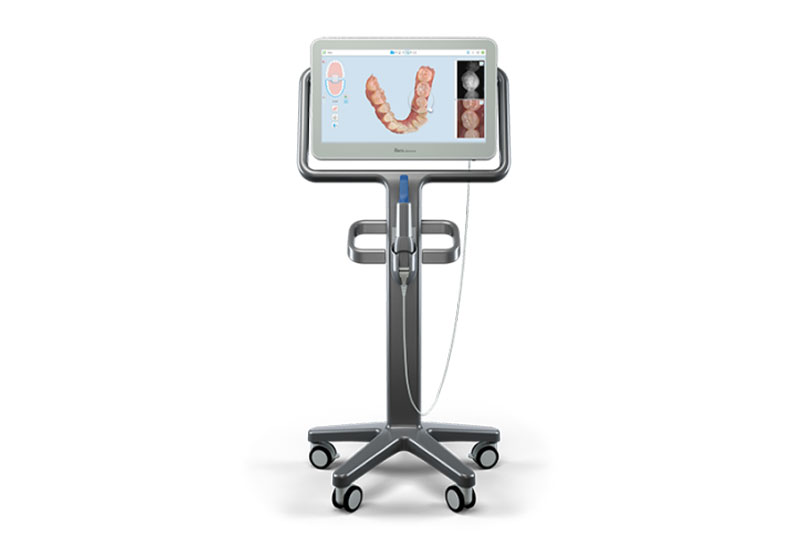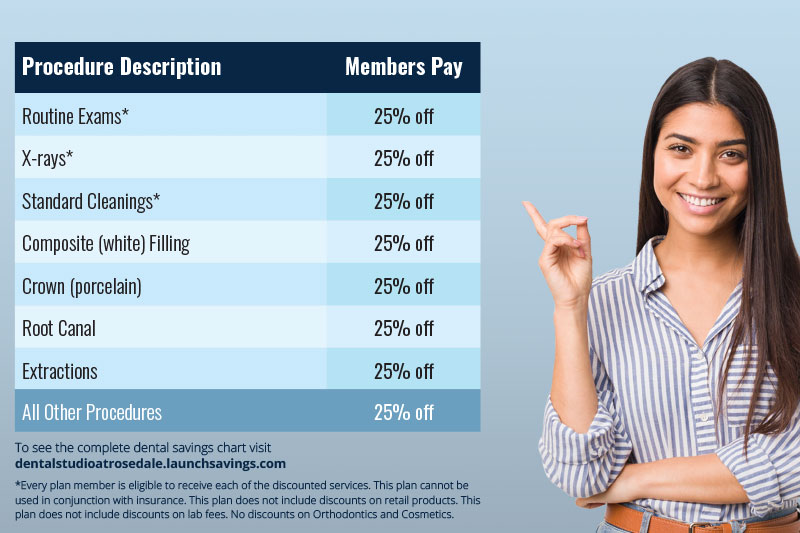Dental Bridge
If you are missing teeth, our dentist can fill the gaps in your smile with dental bridges.
Learn more


Dr. Umar Shahbaz graduated from the University of Maryland College Park with a degree in
Neuroscience. Dr. Shahbaz went on to earn his Doctor of Dental Medicine (DMD) from LECOM
School of Dental Medicine.
For as long as he can remember, Dr. Abdullah Senjab felt a calling toward dentistry. His passion shaped his path from the very beginning at the University of Maryland, Baltimore County. There, he pursued an undergraduate degree in Biology before attending the University of Maryland’s School of Dentistry.
Learn more

If you are missing teeth, our dentist can fill the gaps in your smile with dental bridges.
Learn moreOur office has state of the art dental technology to provide you with the best possible dental care. See more below:

Cone Beam
CT Imaging

Itero Intra-Oral
Scanner

CEREC Same Day Crowns

PrimeScan Intra-Oral Scanner
We accept most major PPO insurance carriers and we offer financing through CareCredit, allowing you to make convenient monthly payments towards your treatment plan. Call today for more information 410-780-0120.

Includes full exam. Call our office for details.
Schedule an Appointment
Call our office for details.
Schedule an Appointment
Save 25% off all Services when you join.
Make an appointment & sign up today!